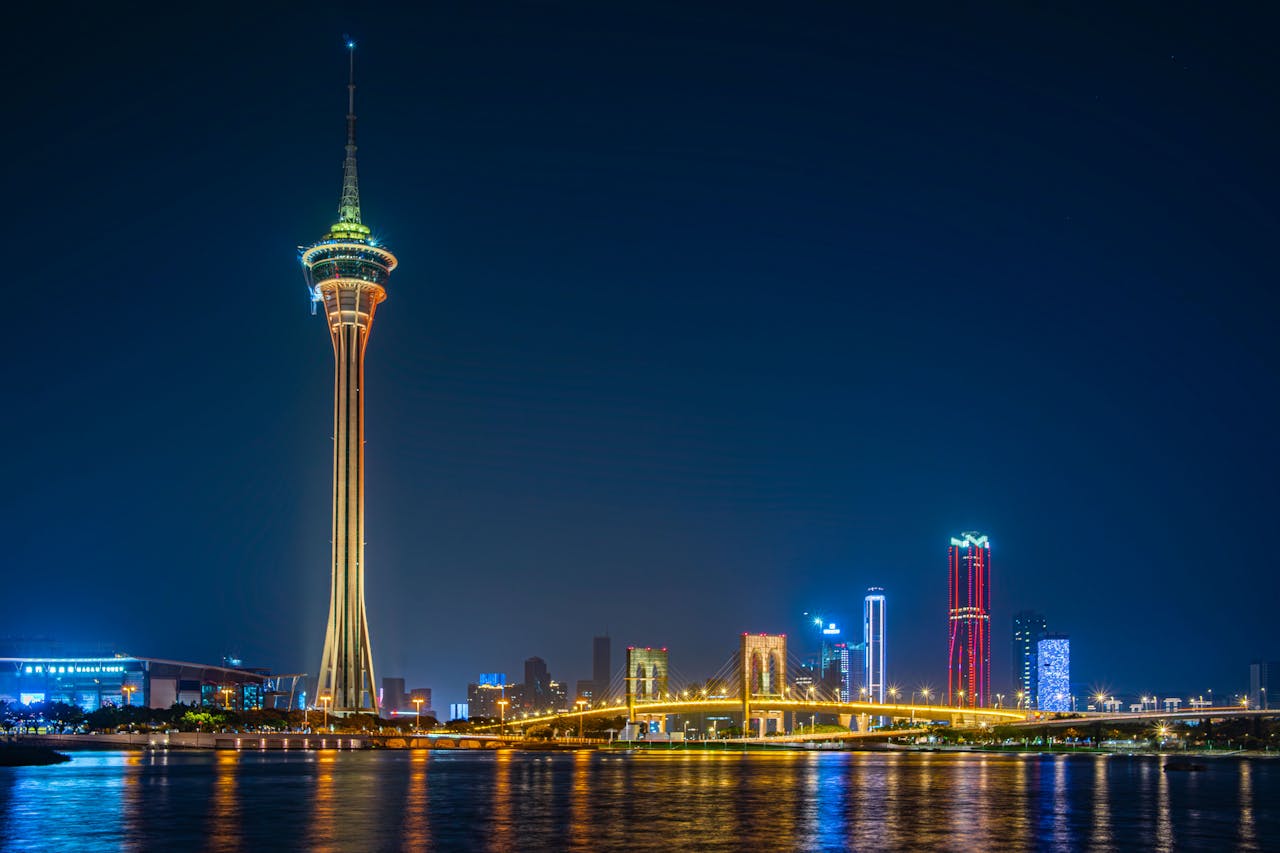From outcast to overlord – How a child kicked out of Macao’s elite hotel now calls the shots

In the vibrant heart of Macao, Simon Sio’s childhood memories are woven into the fabric of the city’s history. Growing up in modest surroundings directly across the iconic Hotel Central, a luxurious establishment that opened in 1928, Sio’s fascination with this grand structure began early.
The hotel quickly became a social hub for celebrities and diplomats, boasting air conditioning—a rare luxury in the former Portuguese colony.
Kicked out and a dream: “I’ll buy you someday”
According to CNN, as a young boy in the 1960s, Sio would sneak into the hotel, marvelling at its opulence compared to the old tenement buildings around him. But a playful visit soon ended when he was thrown out. “As a kid, I didn’t know better,” he recalls.
“I pointed at the hotel and swore I’d buy it someday.” While many children make similar promises, few manage to fulfil them, yet Sio is one of the exceptions.
Now 65 and the founder of the Lek Hang Group, Sio’s dream came true in 2024 when he cut the ribbon to reopen Hotel Central as its proud owner. His motivation wasn’t revenge but a deep desire to preserve a vital piece of Macao’s history, which he feels is fading amid a sea of new luxury resorts and towering skyscrapers.
Macao’s Avenida de Almeida Ribeiro, affectionately known as San Ma Lo (meaning “The New Road” in Cantonese), was once the city’s main thoroughfare when it opened in 1920.
The Hotel Central, originally named the President Hotel, quickly became a landmark of the area. “If we talk about Macao’s history, we cannot neglect San Ma Lo. If we talk about San Ma Lo, we cannot neglect Hotel Central,” Sio explains passionately.
With its distinctive mint-coloured facade, Hotel Central was the first in Macao to feature an elevator and the city’s first two-floor casino.
However, by the 1960s, it began to fade into obscurity as competition heated up. Sio, who had grown up admiring the hotel, felt a strong emotional connection to it. “The giant watched me grow up like an elder,” he reflects. “Its decay made my heart uncomfortable.”
The restoration
The opportunity to restore the hotel arose in the 2000s when its owners decided to sell. After a lengthy acquisition process, Sio officially became the owner in 2016.
Renovating the nearly century-old structure presented numerous challenges, particularly since later expansions lacked proper foundation reinforcements and the building is part of a UNESCO World Heritage site, limiting alterations.
“The durability of the cement was limited, and it was clearly long past its prime condition,” Sio explains. Faced with these hurdles, his team had to innovate, developing a new piling method and utilizing digital technology to replicate the hotel’s original design.
After overcoming these obstacles, construction commenced in 2019, but then the global pandemic struck. Despite this setback, Sio’s team persevered, and the restoration topped out in 2022.
The project ultimately cost around 400 million Macanese Pataca (about $50 million) and required a total investment of approximately 2.2 billion Macanese Pataca (around $274 million).
The revitalized Hotel Central features 114 rooms adorned with retro designs inspired by the 1920s to 1940s. A unique qipao rental service invites guests to immerse themselves in the hotel’s vintage charm.
The ground floor hosts an exhibition called “Historical Cultural Corridor,” while a small shopping mall is in the works, alongside a restaurant, bakery, and rooftop bar offering stunning views of the Macao skyline.
Commitment to preserve history
For Sio, the hotel’s restoration is not merely a business venture; it’s a commitment to preserving Macao’s rich history. “Money can produce volume, but money cannot reproduce history,” he asserts, emphasizing the importance of heritage in the face of rapid modernization.
Enjoying this article?
Subscribe to get more stories like this delivered to your inbox.
Sio hopes that his efforts will inspire other developers to prioritize historical preservation, showcasing that Macao is more than just its famous casino resort. “We want visitors to see that Macao is so much more than the Cotai Strip,” he says, envisioning a broader appreciation of the city’s cultural offerings.
Looking ahead, Sio is optimistic about Macao’s tourism future, especially with government initiatives aimed at restoring historical sites. Collaborations between the government and gaming companies, like MGM’s commitment to revitalizing the Barra District, signal a growing recognition of the importance of heritage.
“Macao is small, but small things can be exquisite,” Sio concludes. “We need to move toward creating a jewel of a city, one rich in history and culture.” Through the restoration of Hotel Central, Sio is not just reviving a building; he is reigniting a part of Macao’s soul, ensuring its stories and heritage will endure for generations to come.
Writer
